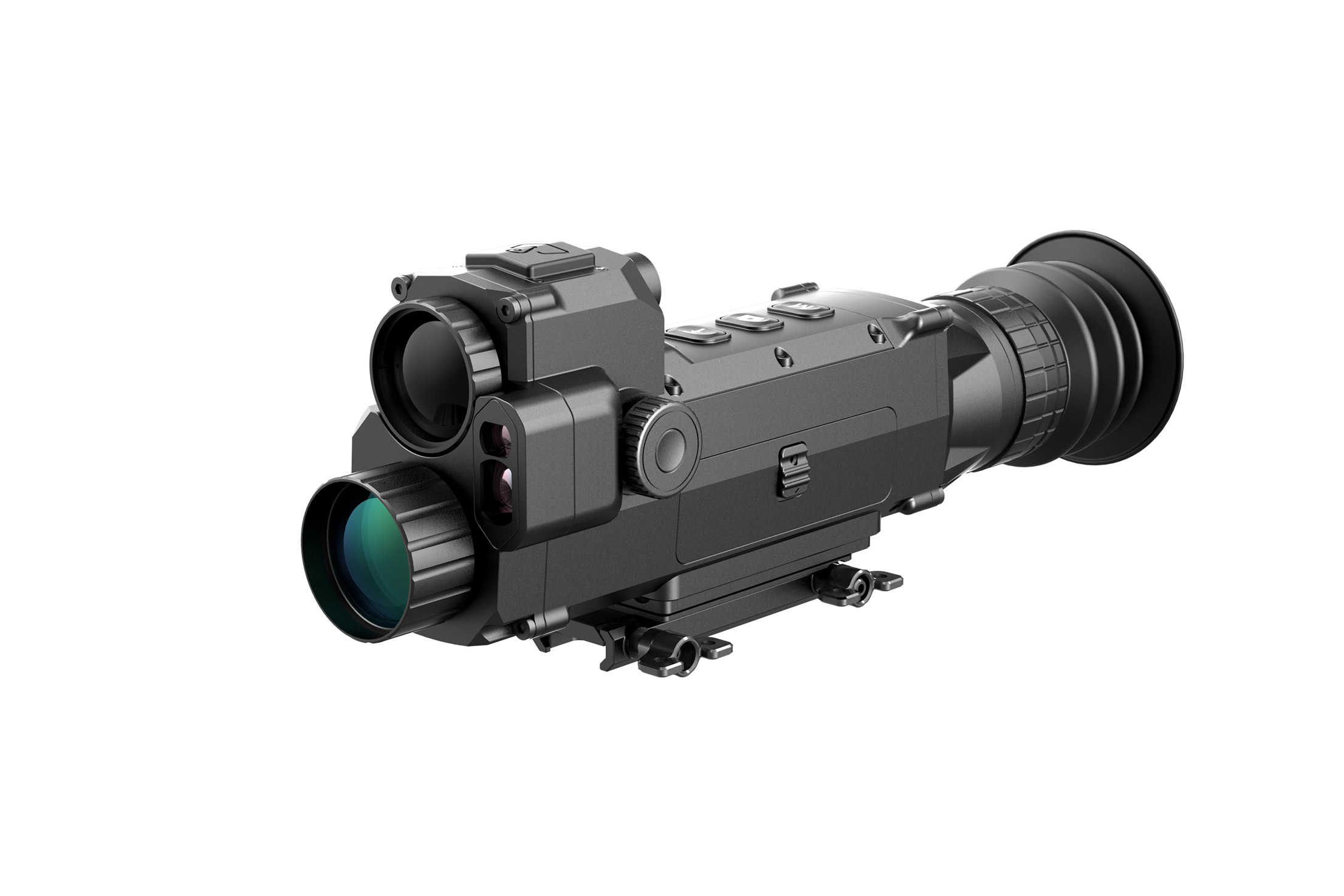In the ever-evolving landscape of military technology, precision thermal rifle scopes have emerged as a game-changer. These advanced devices offer unparalleled advantages in various combat scenarios, enhancing operational effectiveness and safety. This article delves into the multifaceted benefits of precision thermal rifle scopes in military applications, providing a comprehensive understanding of their significance.

Enhanced Target Detection and Identification
One of the primary benefits of precision thermal rifle scopes is their ability to detect and identify targets with exceptional accuracy. Unlike traditional scopes, thermal scopes use infrared technology to detect heat signatures, making them effective in diverse environmental conditions. For instance, in dense fog, heavy rain, or complete darkness, thermal scopes can identify hidden threats, ensuring that soldiers maintain a tactical advantage.
Improved Situational Awareness
Precision thermal rifle scopes significantly enhance situational awareness on the battlefield. By providing a clear view of the surroundings, these scopes allow soldiers to detect potential dangers and make informed decisions swiftly. This capability is particularly crucial in urban warfare, where threats can emerge from multiple directions. Thermal scopes enable soldiers to scan buildings, vehicles, and other structures for hidden adversaries, thereby reducing the risk of ambushes and improving mission success rates.
Increased Engagement Range
Another notable advantage of precision thermal rifle scopes is the extended engagement range they offer. Traditional scopes often struggle to provide clear images at long distances, especially in low-light conditions. Thermal scopes, however, can detect heat signatures from considerable distances, allowing soldiers to engage targets with greater precision and confidence. This extended range capability is invaluable in both defensive and offensive operations, providing a strategic edge over adversaries.
Versatility in Diverse Environments
Military operations often take place in varied and challenging environments. Precision thermal rifle scopes are designed to perform optimally in such conditions, making them a versatile tool for soldiers. Whether operating in arid deserts, dense forests, or snowy terrains, these scopes maintain their effectiveness. For example, in desert environments where heat mirages can distort vision, thermal scopes provide clear and accurate images, ensuring that soldiers can identify and engage targets without hindrance.
Enhanced Safety and Reduced Collateral Damage
Precision thermal rifle scopes also contribute to enhanced safety and reduced collateral damage. By providing clear and accurate target identification, these scopes minimize the risk of friendly fire incidents. Additionally, they enable soldiers to engage targets with precision, reducing the likelihood of unintended casualties and damage to civilian infrastructure. This precision is particularly important in modern warfare, where minimizing collateral damage is a critical objective.
Conclusion
In conclusion, exploring the benefits of precision thermal rifle scopes in military applications reveals their transformative impact on modern warfare. From enhanced target detection and identification to improved situational awareness and increased engagement range, these advanced devices offer a multitude of advantages. Their versatility in diverse environments and contribution to enhanced safety further underscore their significance. As military technology continues to evolve, precision thermal rifle scopes will undoubtedly play a pivotal role in shaping the future of combat operations.



